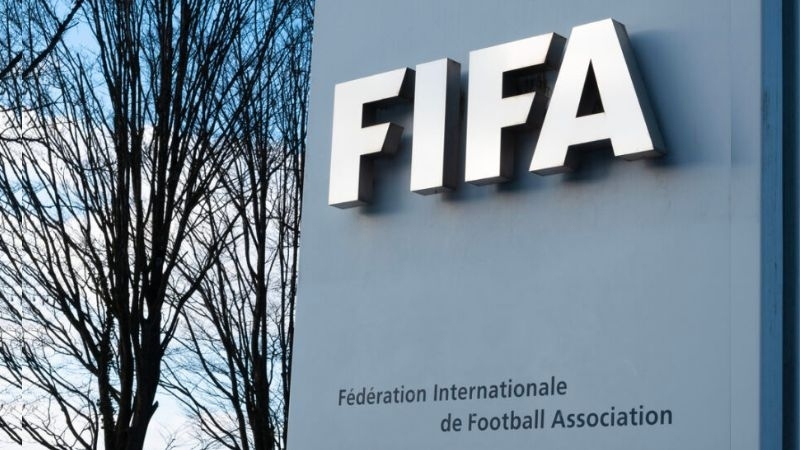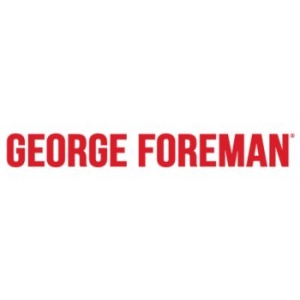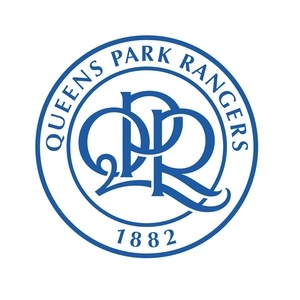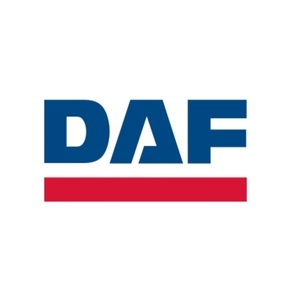Search-a-brandPowered by BRANDSMITHS
Search-a-brand assists you in researching, choosing and building a brand for your company, service or product. Try it out and search with the intended name!
View

FIFA AGENT FEE CAP BLOCKED BY FA TRIBUNAL
Author: Maxime Van Den Djissel
The key takeaways from the FA Tribunal Award.
Agent Fee Cap
- The FA Tribunal recognised that the agent fee cap plainly constitutes a decision to fix purchase prices and that such an act is by its nature capable of restricting competition by object.
- The FA and FIFA justified the agent fee cap on the basis that its ultimate objective is the ensure the proper functioning of the player / transfer system and thereby the integrity of sport. It was argued that by setting a maximum cap on possible agent fees it would reduce incentives for agents to engage in transactions that may not be in their client’s best interest and would assist in combatting abusive agent conduct in the market.
- The Agents meanwhile argued that the primary objective of fixing agent fees has always been to keep more money for the clubs and that the FA and FIFA had not adduced evidence to establish a link between the introduction of a fee cap and the alleged abuses and market failures of the pre FFAR agent market.
- Ultimately, the Tribunal was satisfied that the fee cap is not justified by the pursuit of a legitimate objective and that accordingly, it could not reasonably be considered necessary for any such objective. Accordingly, the Tribunal declared that if the FA implements the fee cap it would be in breach of UK competition.
- The pro rata payment rules restrict agent fees to a percentage of the remuneration that was actually received by the player or the coach in the course of an employment relationship – by for example, restricting agents from receiving payments in respect of a player’s employment contract where a player has already been transferred to another club.
- The Agents challenged the pro rata payment rule by arguing that it restricts competition by both object and effect in that it amounts to a collective fixing of agent trading terms by the football clubs and because it will result in an overall reduction in agent fees.
- The FA and FIFA denied that the pro rata payment rules amount to a restriction of competition by object or effect but that in any event the way the rules are implemented are inherently in the pursuit of maintaining contractual stability. It was argued that the pro rata payment rules ensure that the agent has a financial stake in a player continuing his employment relationship with a particular club.
- The Tribunal was convinced that the pro rata payment rules amount to a restriction of competition by object in that their intention (the promotion of contractual stability) are clearly intended to interfere with and reduce the payments actually made to engaging clubs for agent services and therefore would amount to fixing purchase prices. Accordingly, the Tribunal declared that if the FA implements the pro rata payment rules it would be in breach of UK competition law.
- The Agents argued that dual representation amounts to a restriction of competition on the basis that it involves a collective fixing of the terms on which agents could trade.
- The FA and FIFA argued however that such rule is justified on the basis that the proper functioning of the player transfer system is significantly undermined by the practice of agents representing multiple clients with conflicting interests.
- The Tribunal was not convinced that the dual representation rule would amount to restriction of competition by object (i.e. that the rule reveals a sufficient degree of harm to the competition that the rule by its very nature undermines normal competition).
- The Tribunal further determined that as the rule accounts for a very small proportion of cases (i.e. less than 1% of the FIFA dataset) there also would not be an appreciable effect on competition. The Tribunal therefore dismissed the Agents’ claims that the dual representation rules of the FFAR are contrary to UK competition law.
- Under the FFAR, any payments due to the agent are to be made exclusively by the client (i.e. by the player or by the coach).
- The Agents argue that such rule would amount to a restriction on competition by virtue of fixing a key trading condition, whilst the FA and FIFA argue that the measure pursues a legitimate aim of reducing risks of conflict of interest and of improving transparency in the player / transfer system.
- The Tribunal was not convinced by the Agents’ arguments that the rule by its nature reveals sufficient harm to competition. The Tribunal furthermore was not convinced that the Agents’ case revealed that the rule had any appreciable effect on competition. The Tribunal therefore dismissed the Agents’ claims that the client pays rules of the FFAR are contrary to UK competition law.
For more information on our sports lawyers and the services we offer, visit our sports law page.
info@brandsmiths.co.uk
Brandsmiths is a trading name of Brandsmiths S.L. Limited which is authorised by the Solicitors Regulatory Authority, SRA No: 620298. Founding Partner: Adam Morallee
Privacy and Cookie Policy | Terms and Conditions | Complaint Procedure | Site by: Elate Global




















































